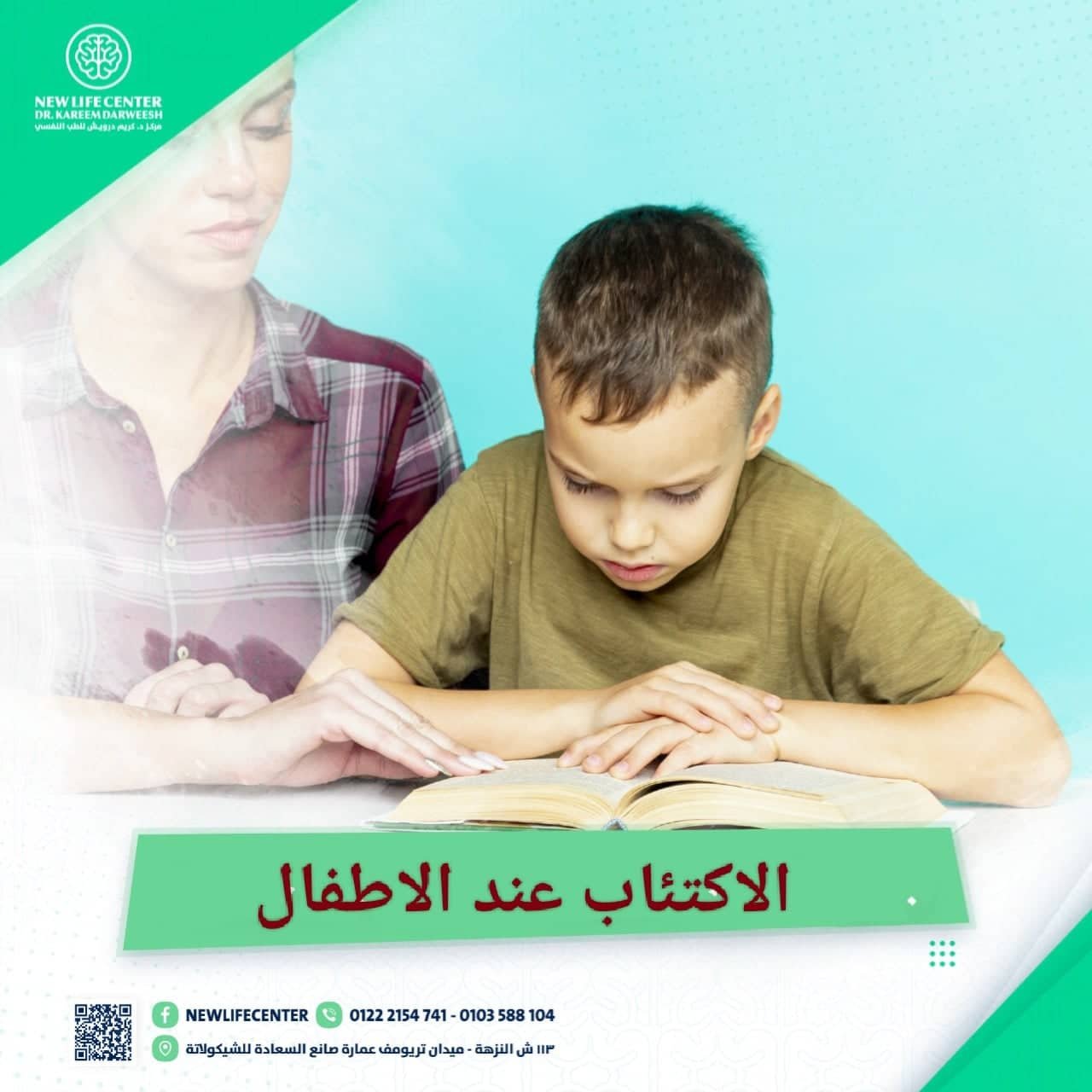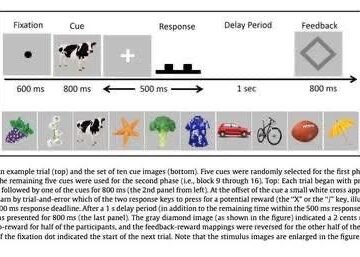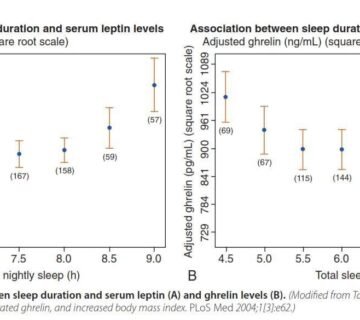What is depression in children?
Can children get depressed?
Are the symptoms of depression in children the same as adults, or different?
How can a mother recognize if her child is depressed, and how can she help?
Often, children complain of physical symptoms such as:
- Frequent headaches
- Feeling nauseous or vomiting
- Bedwetting
- Stomach pain
- Loss of appetite or sometimes overeating (eating all day or eating when upset)
- Loss of interest or pleasure
- Preferring isolation, not wanting to leave the house or play with others
- Getting angry quickly over small issues
- Sadness and crying for no apparent reason
- Repeated questions about death
- Difficulty concentrating in school and frequent daydreaming — behavior that is not usual for the child
If a mother notices any of these symptoms, she should take the child to a doctor for an examination. If the doctor says the child is physically healthy, the mother might think the child is lying to avoid school, homework, or meeting someone.
But the child is not lying. The child is avoiding something due to a problem they cannot express clearly.
For example, the child may be:
- Bullied or teased by other kids
- Intimidated or weak
- Having problems with a teacher
- Angry or harshly punished
The child’s physical symptoms with no clear medical cause are their way of indirectly saying, “I have a problem.”
The mother should try to find the cause of the problem:
- Is the home environment full of tension, fights, or problems?
- Is the problem at school?
- Or is it related to the child’s personality?
At this point, the mother should consult a psychologist or psychiatrist to help assess the child and support them in overcoming their difficulties. The specialist will also guide the mother on how to best support her child during this time.





